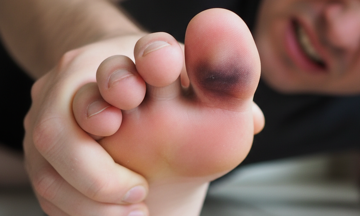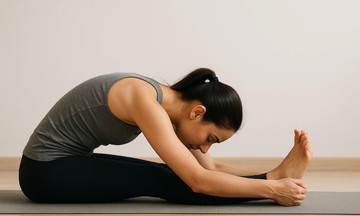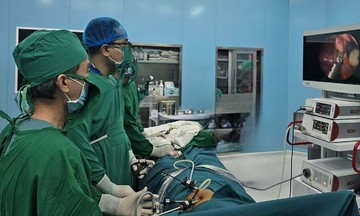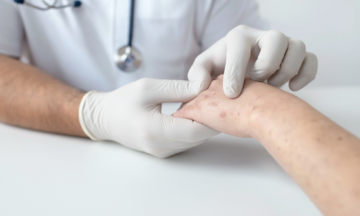Studies increasingly confirm the value of walking, the most common form of exercise. Experts emphasize that even a 5-minute evening walk is enough to boost health.
Reasons to walk after dinner
Reduced risk of bowel cancer
Research from the University of Regensburg (Germany) involving more than 86,000 people showed that walking at 8 a.m. or 6 p.m. reduces the risk of bowel cancer by 10%.
Professor Colin Greaves from the University of Birmingham explained that evening activity helps reduce stress-related chronic inflammation, improves cardiovascular metabolism, lowers blood pressure, and supports sleep, thereby reducing overall stress and inflammation.
Doctor James King, a senior lecturer at Loughborough University, emphasized that evening walks help control weight, activate cancer-fighting immune cells, and promote the elimination of precancerous cells before they develop.
"My grandmother used to advise a walk after dinner to aid digestion, and perhaps she was right", Professor Greaves said.
Reduced risk of type 2 diabetes
A 2016 UCL study showed that brisk walking for an hour each day reduces the risk of developing type 2 diabetes by 40%.
Greaves explained that walking after dinner helps reduce blood sugar spikes, which occur 15-30 minutes after eating as the body breaks down carbohydrates. "These post-meal glucose spikes can be particularly harmful, damaging insulin-producing cells in the pancreas, contributing to type 2 diabetes", he emphasized.
King added that evening walks help reduce fat, inflammation, and fat accumulation in muscles, the liver, and the pancreas, helping the body process sugar and fat more efficiently, thereby reducing the risk of diabetes.
Reduced risk of dementia
A University of Sydney study of 80,000 people showed that walking 3,800 steps/day (2 miles) reduces the risk of dementia by 25%, while 9,800 steps/day (5 miles) reduces it by up to 51%.
Professor David Stensel of Loughborough University explained that MRI studies show walking prevents brain shrinkage and even increases the size of the hippocampus, the area associated with memory. These changes help reduce cognitive decline and the risk of dementia in older adults.
However, to maximize benefits, he emphasized the need to combine walking with a balanced diet, not smoking, and limiting alcohol, creating a comprehensive healthy lifestyle.
Improved cardiovascular health
You don't need 10,000 steps; just 2,337 steps a day is enough to reduce the risk of death from cardiovascular disease, according to an analysis of data from more than 200,000 people over 7 years. Each additional 500 steps (about a 5-minute walk) reduces the risk by a further 7%.
Stensel explained that evening walks help lower blood pressure and triglycerides the next day, reducing the risk of stroke and coronary heart disease if done regularly.
Scientists also noted that walking offsets prolonged sitting, a contributing factor to heart disease, effectively improving cardiovascular health.
Add a year to your life
Just 10 minutes of brisk walking each day can extend lifespan by 11 months for women and 17 months for men over 60, according to a University of Leicester study of 70,000 people. The benefits are even greater with 30 minutes of walking.
Greaves emphasized that caring for your heart, reducing stress, and sleeping well contribute to a longer life, and walking is a great way to achieve this.
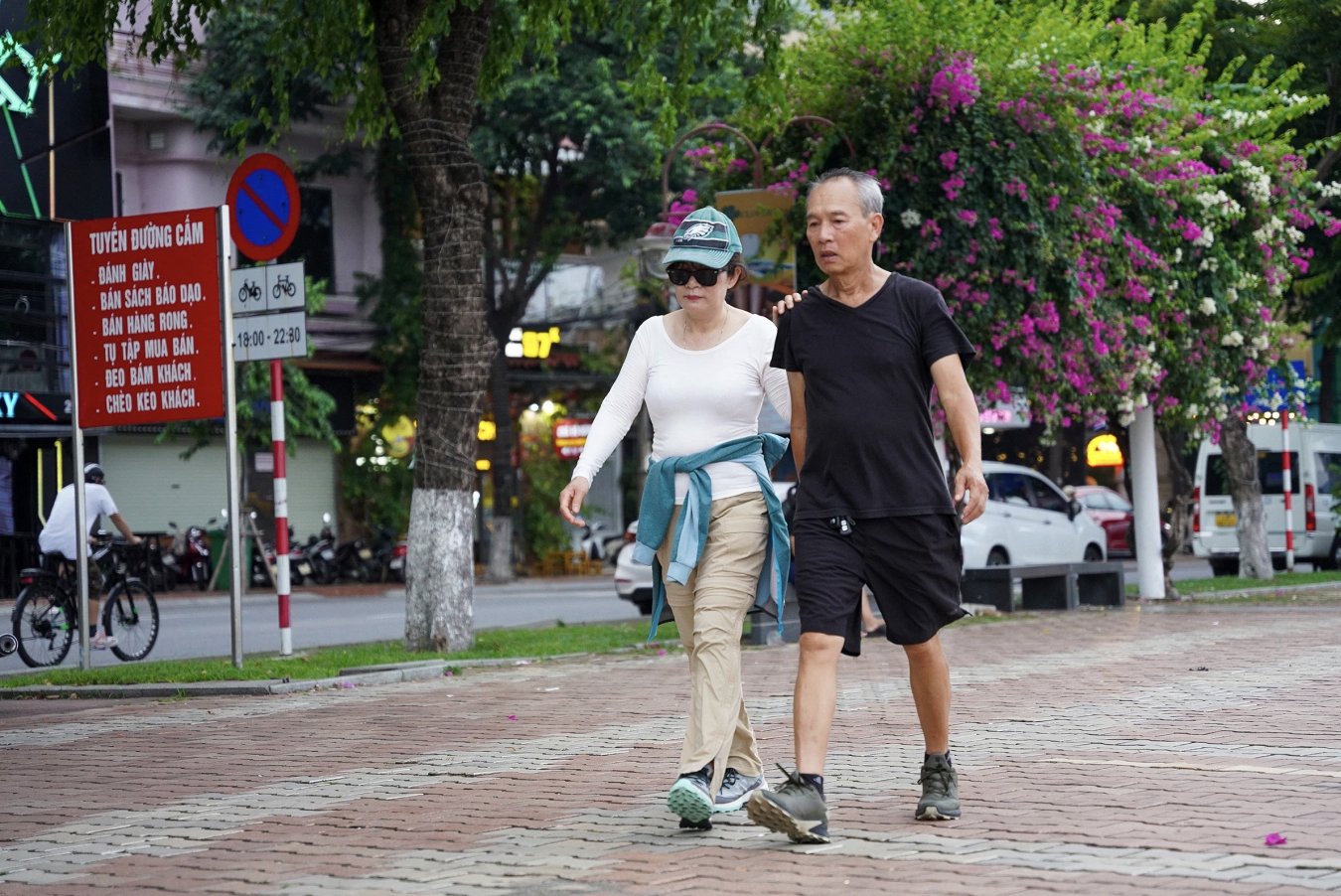 |
People exercising along the Han River, Da Nang, 5/2024. Photo: Nguyen Dong |
How long should you walk?
Just a few minutes of walking each day is enough to improve health, but the specific duration depends on your goals, according to studies.
To boost cardiovascular health, each additional 500 steps (about a 5-minute walk) reduces the risk of death from heart disease by 7%. Regarding lifespan, research shows that people over 60 who walk briskly for 10 minutes/day can extend their lifespan by 11 months (women) and 17 months (men).
For weight loss, a brisk 30-minute walk is a good starting point, burning about 240-300 calories/hour, with greater effectiveness if extended to an hour.
Tips for walking after eating
To make evening walks an effective health habit, preparation is key, especially in unpredictable weather. "Carry an umbrella for rain", Greaves advised.
Also, equip yourself with suitable athletic shoes or boots, warm clothing, a flashlight, and a mobile phone for emergencies.
"Regular activity is more important than when you do it", King stressed. If you don't want to walk in the evening, choose another suitable time. For many sedentary people, starting to walk whenever it's convenient is crucial.
When walking at night, choose familiar routes you've walked during the day for easy navigation. Walking with someone else is also a way to enhance safety and handle emergencies effectively.
My Y (Telegraph)



